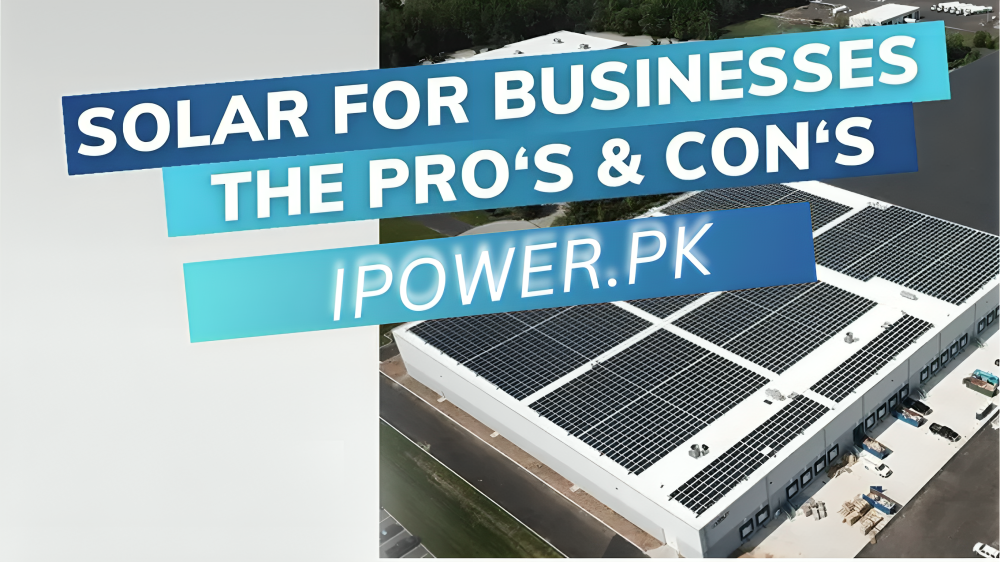Solar energy can be a fantastic financial and eco-friendly investment for many businesses, but it’s not for everyone. Here’s a quick overview of the benefits of Solar Energy and its drawbacks:
Advantages:
- Reduced Overhead: Produces free electricity, lowering monthly energy bills for decades.
- Tax Incentives: Benefit from substantial tax credits and depreciation incentives.
- Protection Against Rising Costs: Helps shield your business from future electricity rate hikes.
- Low Maintenance & Risk: Reliable technology that requires minimal upkeep and isn’t tied to economic cycles.
- Eco-Friendly: Significantly reduces your carbon footprint, appealing to eco-conscious customers and employees.
Disadvantages:

- Upfront Investment: Requires a significant initial cost, though many systems pay for themselves in a few years.
- Space Requirements: Needs sufficient, well-exposed space—whether on a roof or via ground-mounted systems.
- Sunlight Dependency: Efficiency can be affected by shading and regional weather patterns.
- Curb Appeal: Panels might not suit every building’s aesthetic.
- Long-Term Commitment: Ideal for businesses planning to stay put; less attractive if you plan on moving soon.
- Backup Limitations: Grid-tied systems won’t provide power during outages without additional battery storage.
Innovative Solutions:
For businesses with unique needs, options like roof and ground mounts, solar carports, and solar canopies offer flexibility while maximizing energy production.
If you’re ready to explore whether solar energy is a smart investment for your business, request your free custom quote today to get the data you need for an informed decision.




























